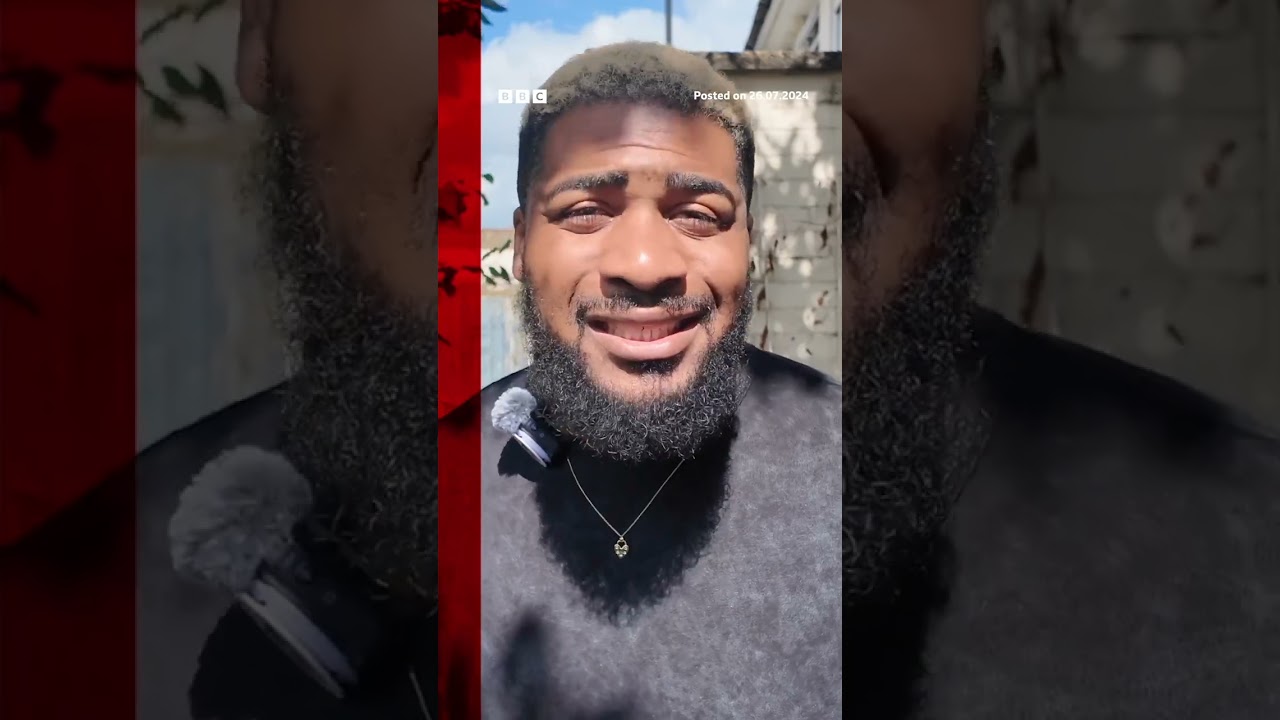Voice-over artists and performers in the gaming industry have gone on strike for 18 months, primarily over concerns regarding the use of AI to replicate their voices and likenesses without fair compensation. This unprecedented strike could significantly impact game development and release schedules, with both sides seeking a resolution that addresses the artists’ rights and the industry’s future.
Voice-over artists and performers in the gaming industry have initiated a strike, marking a significant event in the history of the Screen Actors Guild (SAG) and the American Federation of Television and Radio Artists (AFTRA). This walkout involves key players in the video game sector, including major companies like EA, Activision, Take-Two Interactive (parent company of Rockstar), and Warner Bros. Games. The strike has been ongoing for 18 months, making it the longest in the union’s history, and it primarily revolves around concerns regarding the use of artificial intelligence (AI) in the industry.
The central issue at the heart of the strike is the fear that generative AI could replicate the voices and physical representations of the performers without fair compensation. The union has expressed its strong stance against any contract that would allow companies to exploit AI technology to the detriment of their members. This concern highlights the broader implications of AI technology on creative professions and the potential for companies to undermine the value of human talent.
In response to the strike, representatives from the video game studios have expressed disappointment, stating that the union’s decision to walk away from negotiations comes at a time when progress was being made towards a potential deal. The spokesperson for the ten video game companies involved has emphasized the importance of collaboration and compromise, as they were close to reaching an agreement that could benefit both the companies and the artists.
The ramifications of this strike could be significant for the gaming industry, particularly as it parallels a previous strike by TV and film actors that disrupted production in those sectors. The potential impact on upcoming game releases is a concern for both the industry and fans, with particular anxiety surrounding high-profile projects like the anticipated Grand Theft Auto VI. The strike could delay game development and release schedules, creating uncertainty in the marketplace.
Overall, this strike represents a critical moment for voice-over artists and performers in the gaming industry as they seek to secure fair treatment and protections against the risks posed by AI. The outcome of these negotiations could set important precedents for the future of work in entertainment and how technology is integrated into creative processes. The ongoing situation will likely continue to develop as both sides work towards a resolution.
